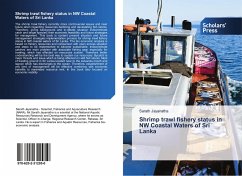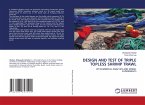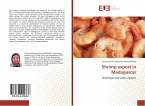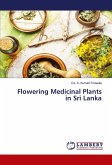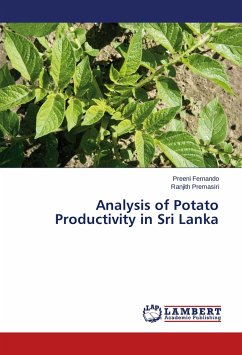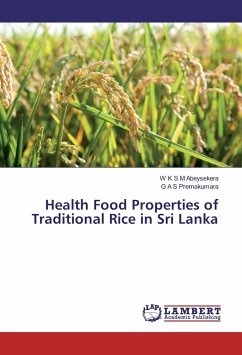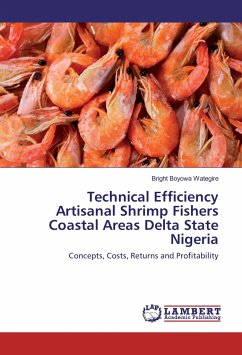The shrimp trawl fishery currently more controversial issues and near future when regarding resources declining and devastating fish stocks. Therefore, giving background and in-details situation indiscriminate catch and target species; their economic feasibility and future strategies for management. This book is content present situation and future management strategies implementation process for shrimp trawl fishery status in NW coastal waters of Sri Lanka. The bio economic analysis is based on fishery resources and comparison with open access situation and steps to be implemented to become sustainable. Indiscriminate catches are main problem with associate fishing gear especially for trawling; which has effected on resources sustain. Therefore better understanding will be the best way to sustain our resources. Bycatch is major threats and issue which is being affected on wild fish stocks. Most of trawling ground in Sri Lanka located near to the estuaries mouth and lagoon which has discharges to the ocean. Therefore, establishment of any kind of management will be effective combining with economic benefits to maximized resource rent. In this book also focused on economic viability
Bitte wählen Sie Ihr Anliegen aus.
Rechnungen
Retourenschein anfordern
Bestellstatus
Storno

